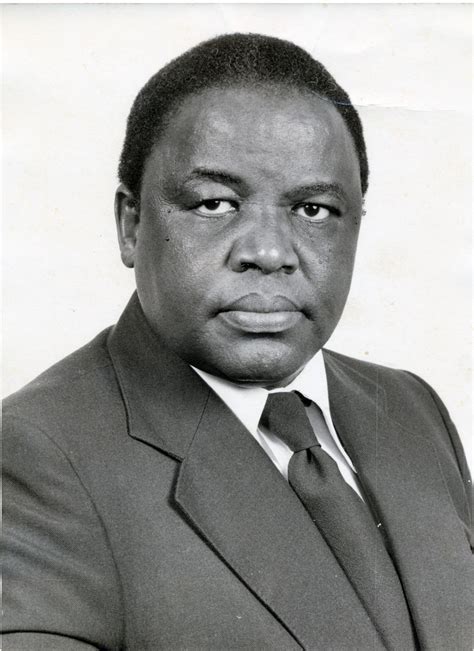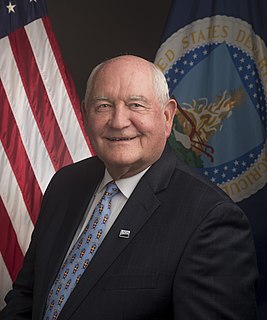A Quote by Mike Pompeo
Conservatives have deep distrust of government power, so I not only understand their privacy concerns, I share them.
Quote Topics
Related Quotes
It appears it would be quite un-American not to be suspicious of the government or to distrust it. History has taught them a little too much about the tragic frailties of human governments, but it has also driven home to them that they must control firmly political and economic power, which, handed over to any government in their land, could be easily used to oppress them.
If you're a progressive, you can find lots of people who call themselves conservatives, but who agree with you on lots of things. There are people who call themselves conservatives, but who love the land as much as any environmentalist. Progressives share a number of common values with people who call themselves conservatives. Barack Obama has understood that very well. What he calls bipartisanship is not adopting conservative views, but finding where people who consider themselves conservatives share with him and other progressives these fundamental American values.
Some things the legislator must find ready to his hand in a state, others he must provide. And therefore we can only say: May our state be constituted in such a manner as to be blessed with the goods of which fortune disposes (for we acknowledge her power): whereas virtue and goodness in the state are not a matter of chance but the result of knowledge and purpose. A city can be virtuous only when the citizens who have a share in the government are virtuous, and in our state all the citizens share in the government.
In our culture privacy is often confused with secrecy. Open, honest, truth-telling individuals value privacy. We all need spaces where we can be alone with thoughts and feelings - where we can experience healthy psychological autonomy and can choose to share when we want to. Keeping secrets is usually about power, about hiding and concealing information.


































